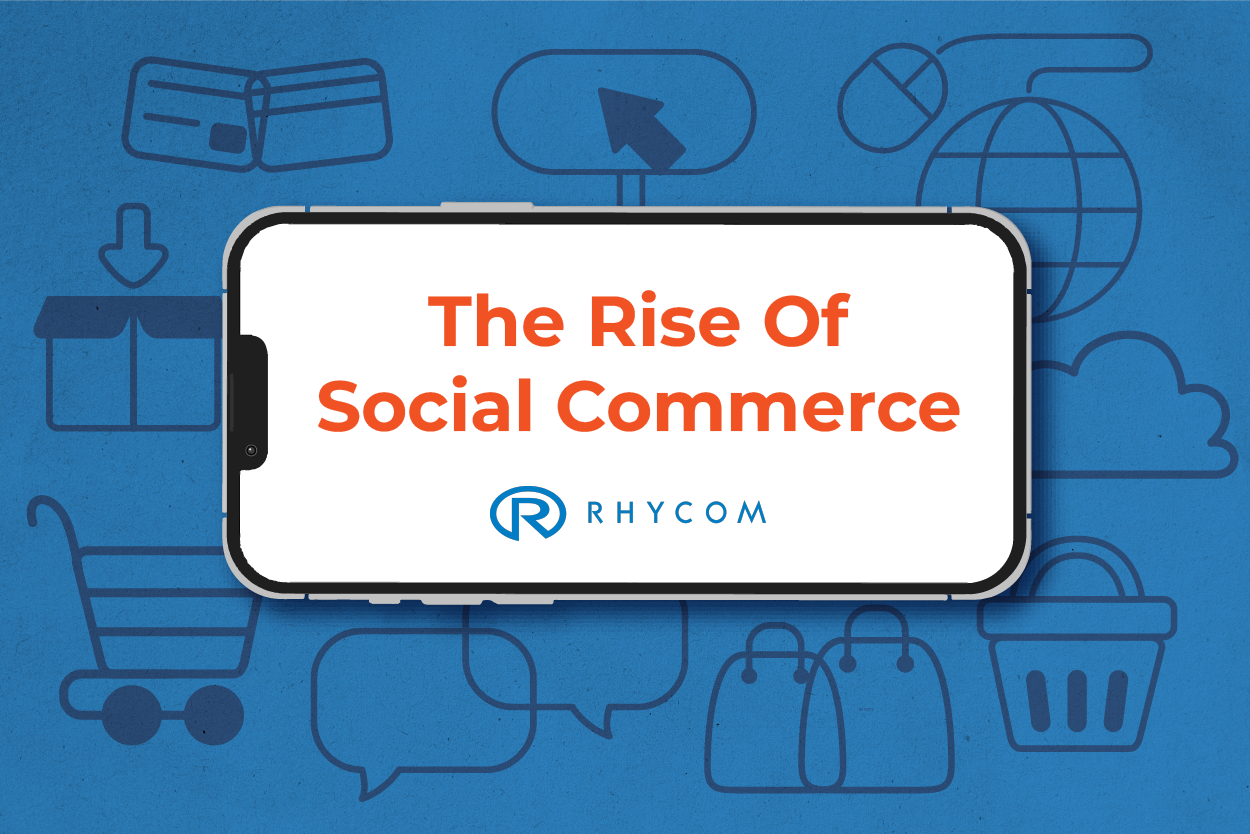Whether purchasing items in person or online, shopping post-pandemic has changed. The growth of e-commerce over the past several years has not slowed down, and social media use has increased year over year. What does this mean for businesses? Social commerce.
Social commerce is the use of social media platforms to promote and sell products and services. The consumer can make a purchase directly through the social site without being transferred to the company website or any other browser.
Companies can promote their products or services through forums or community groups and track their campaign’s success by the number of likes, shares or retweets. Social commerce is a way of online shopping that makes it easier for the consumer to not only see the product in the hands of their favorite celebrity or even their closest friend, but also be able to purchase that same item instantaneously.
Marketing strategies for social commerce are quite different then for e-commerce or online purchasing. Utilizing key social media trends such as short videos or polls to promote a company’s product can have positive results. The use of influencers also increases the desire for a product or service, especially when the account has a large following, the product is directly linked, and is personally endorsed.
Among the top social sites, Facebook has been the leader in social buyers, reaching up to 63.5 million. This is expected to increase to 71.1 million by 2026, according to eMarketer.
Social media is known for connecting people, sharing photos and videos, catching up on the news, and for entertainment value. It brings people and places closer than they’ve been before, and now, through social commerce, it allows the shopping experience to integrate into your world without you having to leave the app.
The top concerns with social commerce according to Accenture:
· My purchases will not be protected/refunded (48%)
· Poor policies on returns/refunds (37%)
· It takes longer for me to receive my order (32%)
· There is not enough information to decide to make a purchase (32%)
The more a company can build trust with their consumers through their social sites, the more likely their consumers are to complete a transaction. In turn this could lead to them recommending the product to others through posting and sharing on their own social accounts.
Have you purchased something through your own social media accounts lately?




